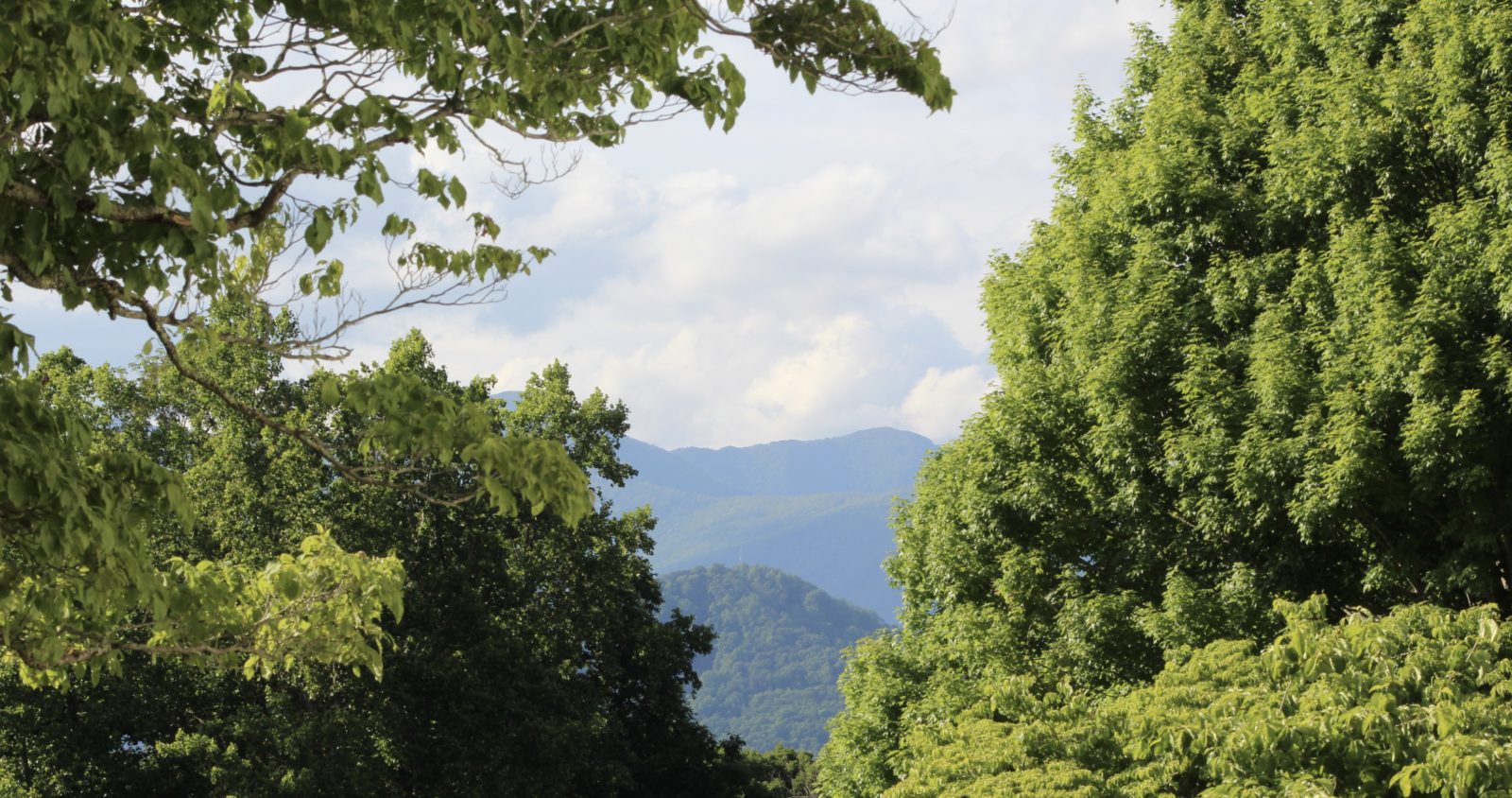
Have you ever created something beautiful, or performed an extraordinary feat…and no one noticed? Whether it’s playing a beautiful song on the piano, or painting a beautiful landscape, or making an amazing and improbable shot on the basketball court, it is a natural reaction to want to be noticed. And while that desire can become corrupt and turn into a toxic form of pride, the basic drive to create and to have others share our joy in that creation is basic to who we are as “co-creators with Christ” (I Corinthians 3:9).
So, imagine what it is like to be God–to create an amazing cosmos complete with stars, quasars, comets, redwood forests, towering mountain peaks, soaring eagles, and monsters in the deep. The sheer volume and variety of sights and sounds through creation is mind-blowing. And then, God creates us in His image . . . only for us to not notice all the grandeur of His creation, because we are too distracted with the latest notification on our phone or the statistics for last weekend’s football game (confession time: I’m guilty). We too easily miss out on the grandeur of God’s primary creation because we are so enamored with our less impressive secondary creations.
The great spiritual guides of the past several thousand years–rabbis, monks, and contemplatives of all sorts–have consistently reminded us of the importance of the basic spiritual disciplines. The disciplines of prayer and Bible study are certainly paramount, they tell us. But they also tell us that the discipline of silence is of supreme importance. Perhaps the discipline of silence is more important today than it ever was in prior ages, because we live in a world filled with so much artificial noise and mindless distractions.
To call this discipline “silence” is a bit misleading. After all, there are very few places you can go where there will be absolutely zero sound waves for our ears to pick up. For instance, I have spent many weeks in the Mojave Desert. Even there, hundreds of miles away from the noise and light pollution of cities, there are things to hear: the scurry of a desert lizard; the gentle breeze filtering through the Joshua trees; you can even almost hear the stars shimmering. But the key is that we need to be silent so that we can even begin to notice what God has created there.
So the discipline of silence comes down to this very simple but crucial practice: stop. Just stop. For a period of time, stop doing things; stop being productive; stop talking; stop paying attention to the works of our own hands. Instead, listen. Hear God speak through the gentle breeze, the ripple of water running over the rocks, the anxiety-free singing of birds. The American pastor Maltie Babcock puts it beautifully in his classic hymn, “This Is My Father’s World”: “ . . . in the rustling grass I hear Him pass, He speaks to me everywhere.” This is not an Eastern pantheistic worldview; it is a fully incarnational Christian worldview.
When we stop and listen, we become more and more aware of the God-bathed world we inhabit. When we notice more and more what God is doing, we get on his wavelength. And as a result, we experience calm and peace. The things that might normally rattle us have less power than they used to. Why? Because when we are silent and are then listening more to God, we see our story as a small but important part of His greater story.
So, take the time to stop what you are doing, and commit to spending that time doing nothing except being silent, noticing what God is up to. Even doing so ten minutes a day can have a radically transformative effect. Perhaps there is a voice inside you that says, “I don’t have time for that!” If so, understand two things. First, the very presence of that voice is itself a huge piece of evidence for how much we need to practice silence. And second, remember that we always, always make time for what is most important to us. So prioritize times of silence, and enjoy the full experience of living in our Father’s world.
(End note: our recent graduate, Becca Lui, did an outstanding senior thesis project on this very topic. Take some time to notice and learn from her research and insight here)